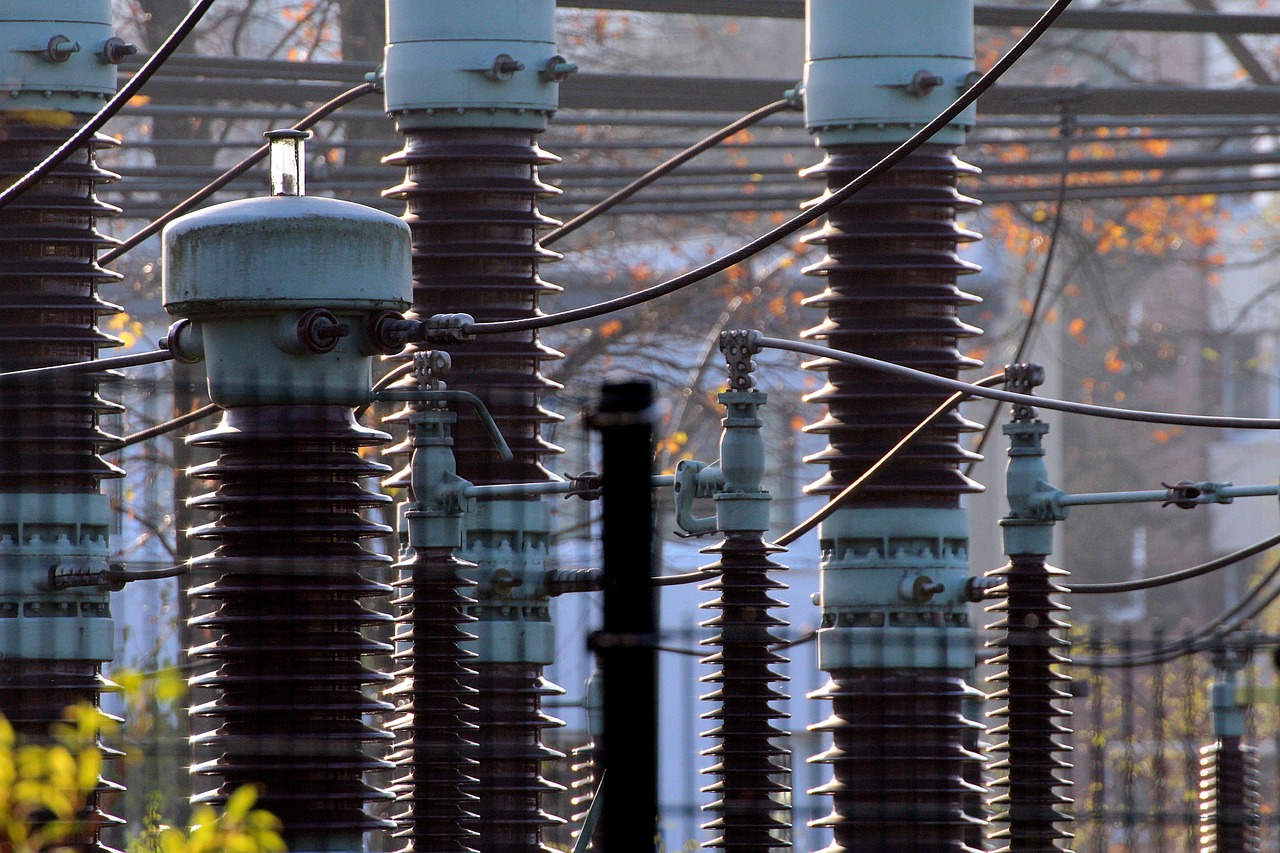The Potential of Blockchain in Supply Chain Carbon Footprint Tracking
Measuring and tracking the carbon footprint within supply chains poses significant obstacles for companies striving to achieve sustainability goals. One major challenge is the lack of standardized methods and metrics for carbon footprint calculations across different industries and geographical regions. This fragmentation makes it difficult for companies to accurately compare and analyze their emissions data, hindering the effectiveness of mitigation efforts and target setting.
Another key challenge is the complexity and opacity of supply chain networks, which often involve multiple tiers of suppliers and subcontractors. This complexity creates difficulties in gathering accurate data on carbon emissions throughout the entire chain, leading to gaps and inaccuracies in the overall carbon footprint assessment. Without complete visibility and transparency into these supply chains, companies struggle to identify areas for improvement and implement targeted initiatives to reduce their environmental impact.
The Role of Blockchain Technology in Enhancing Supply Chain Transparency
Blockchain technology has emerged as a promising solution to enhance transparency in supply chains. By leveraging a decentralized and secure ledger system, blockchain offers real-time visibility of transactions and data across the entire supply chain network. This increased transparency helps in reducing fraud, improving trust between stakeholders, and ensuring ethical sourcing practices are followed.
Furthermore, blockchain technology facilitates the tracking of products from their origin to the end consumer. This level of traceability allows companies to verify the authenticity of goods, identify potential bottlenecks or inefficiencies in the supply chain, and quickly respond to issues such as recalls or product quality concerns. Overall, the adoption of blockchain technology holds great potential in revolutionizing supply chain management by promoting transparency, efficiency, and accountability throughout the entire process.
What are some key challenges in tracking carbon footprint in supply chains?
Some key challenges include lack of transparency in supply chain processes, difficulty in verifying data accuracy, and limited visibility into supplier practices.
How can blockchain technology help enhance transparency in supply chains?
Blockchain technology can provide a secure and immutable record of transactions, making it easier to track and verify the origin of products and materials in the supply chain.
How does blockchain technology improve trust and accountability in supply chains?
By providing a decentralized and transparent ledger, blockchain technology allows for increased trust among supply chain partners and greater accountability for actions taken throughout the supply chain.
What are some other benefits of using blockchain technology in supply chains?
Some other benefits include improved traceability, increased efficiency in verifying product authenticity, and better management of data security and privacy.





